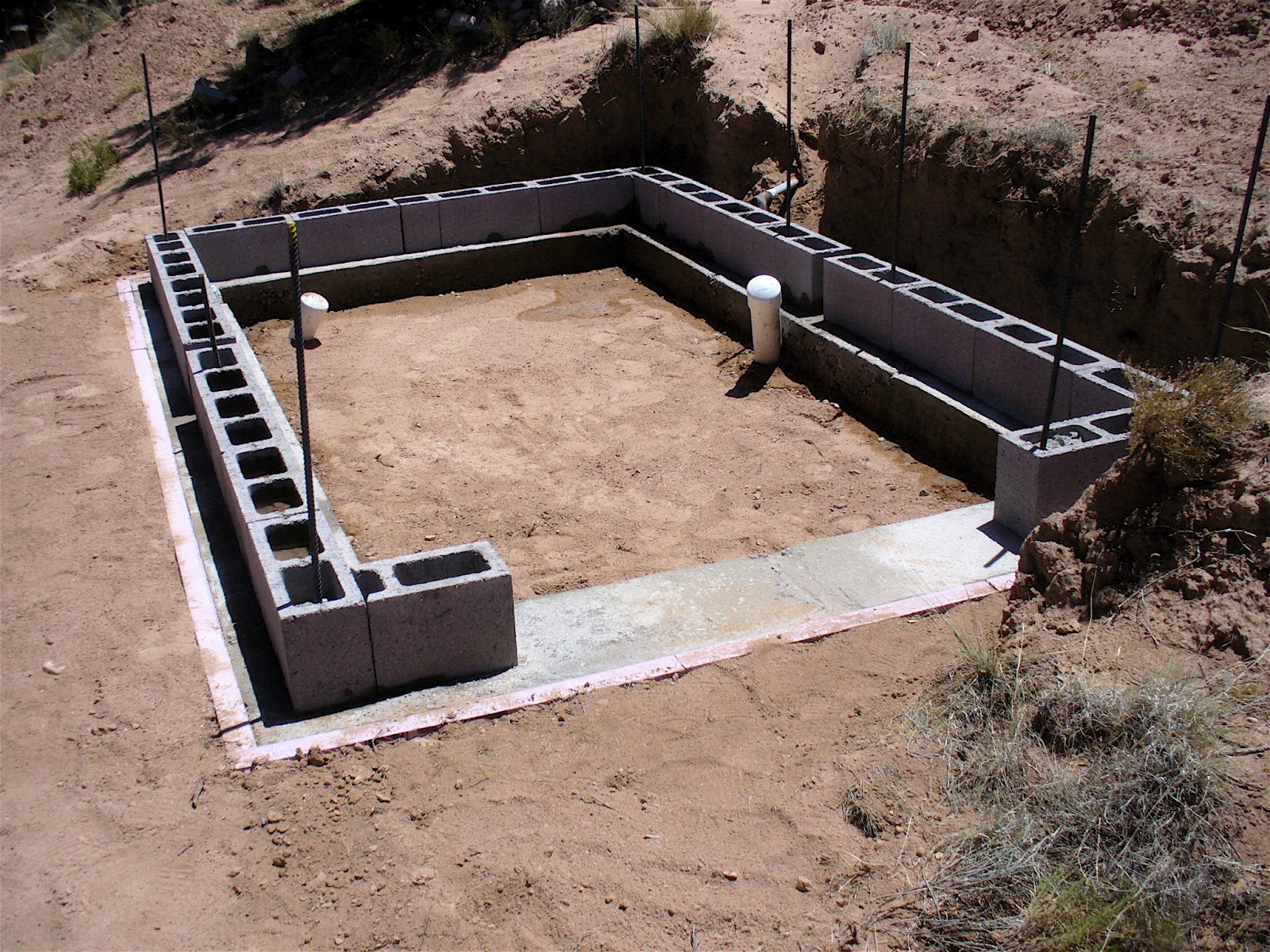Laying a solid foundation is crucial for any construction project. This comprehensive guide covers everything you need to know about foundation blocks, from their composition and diverse applications to step-by-step installation instructions and maintenance tips. Whether you’re a DIY enthusiast or a seasoned professional, this resource will equip you with the knowledge to build a rock-solid foundation.
Understanding Foundation Blocks
Foundation blocks, also known as Concrete Masonry Units (CMUs), are rectangular blocks used to construct foundation walls. They’re made from a mix of cement, aggregates (like gravel or crushed stone), sand, and water, making them incredibly durable and resistant to fire, pests, and the elements. Think of them as heavy-duty LEGOs for construction, providing a stable base for your structure. Worried about the stability of your home? Investigate further into that concerning foundation crack before it becomes a larger problem.
Exploring Block Types and Sizes
CMUs come in various shapes and sizes to suit different construction needs. Need to turn a corner? Corner blocks are your solution. Bridging a window or door opening? Lintel blocks are designed for that. Building a deck or patio? Solid deck blocks provide the necessary support. For standard wall construction, you’ll likely use blocks with nominal dimensions of 16″ x 8″ x 8″ or 16″ x 8″ x 4″. Remember, “nominal” means approximate; actual dimensions may vary slightly.
| Block Type | Nominal Dimensions | Typical Use |
|---|---|---|
| Standard | 16″ x 8″ x 8″, 16″ x 8″ x 4″ | Building straight sections of foundation walls |
| Corner | Varies | Creating 90-degree turns in foundation walls |
| Half | Varies | Filling smaller spaces or creating shorter walls |
| Lintel | Varies | Supporting weight above openings like windows and doors |
| Deck (Solid) | Varies | Providing a solid base for decks and patios |
Decoding Block Materials and Properties
The strength and durability of a foundation block depend on its concrete mix. The ratio of cement, sand, aggregate, and water influences the final product’s texture and strength. Some manufacturers incorporate admixtures to enhance properties like water resistance. Understanding these properties, especially compressive strength (the block’s weight-bearing capacity), is crucial for selecting the right block for your project and climate.
Step-by-Step Installation Guide
Building with CMUs is achievable for DIYers, but meticulous execution is key. Here’s a breakdown of the installation process:
-
Site Preparation: Level the ground and ensure proper drainage to prevent water accumulation and potential foundation damage.
-
Footing Construction: Footings distribute the wall weight evenly across the soil, preventing settling and cracking.
-
Laying the First Course: Start with corner blocks, ensuring they are level and square. Accuracy at this stage is paramount.
-
Mortaring and Stacking: Apply mortar (a mix of cement, sand, and water) to the blocks’ tops and ends before carefully placing the next layer. Consistent mortar application creates a strong bond.
-
Reinforcement (If Necessary): Steel rebar adds strength and stability, particularly in earthquake-prone areas.
-
Backfilling: Once the mortar cures, fill the surrounding area with compacted soil for added support and insulation.
Evaluating the Pros and Cons
Foundation blocks, like any building material, have advantages and disadvantages:
Pros:
- Durability: Resistance to elements, pests, and fire.
- Cost-Effectiveness: Often more economical than poured concrete.
- DIY-Friendly: Installation can be a DIY project with careful planning.
Cons:
- Moisture Susceptibility: Proper waterproofing is essential.
- Cracking Potential: Reinforcement mitigates this risk in seismic zones.
- Thermal Performance: Requires additional insulation.
Estimating Project Costs
Several factors influence the overall cost, including block type, foundation size, and labor costs. Don’t forget to include mortar, rebar, and other materials in your budget. Obtaining quotes from multiple suppliers and contractors is recommended. Individual block prices typically range from $1.50 to $5 each. Total installed foundation costs can range from $15 to $30 per square foot, with full basements considerably more expensive than crawlspaces.
Maintaining and Repairing Your Foundation
Regular inspections can help identify potential problems like cracks or moisture early on. Proper waterproofing is crucial. Addressing issues promptly prevents costly repairs down the line.
Looking Ahead: Emerging Trends
Insulated Concrete Forms (ICFs) are gaining popularity for their energy efficiency, combining concrete strength with foam insulation. Staying informed about these advancements can help you make informed decisions.
Sourcing Foundation Blocks
Home improvement stores and local building supply companies are excellent sources for foundation blocks and related materials. Shopping around and comparing prices is advisable.
Choosing the Right Foundation
Ultimately, the best foundation type depends on factors like your project, budget, location, and climate. Consider the pros and cons of each option, including poured concrete and pier and beam foundations, before making a decision. Research, consult with local experts, and choose wisely, as your foundation is the literal and figurative base of your structure.
- Dora the Explorer Wipe-Off Fun: Safe & Mess-Free Activities for Little Explorers - April 18, 2025
- Does Lemongrass Repel Mosquitoes? Fact vs. Fiction + How to Use It - April 18, 2025
- Do Woodchucks Climb Trees?Fact vs. Fiction - April 18, 2025










